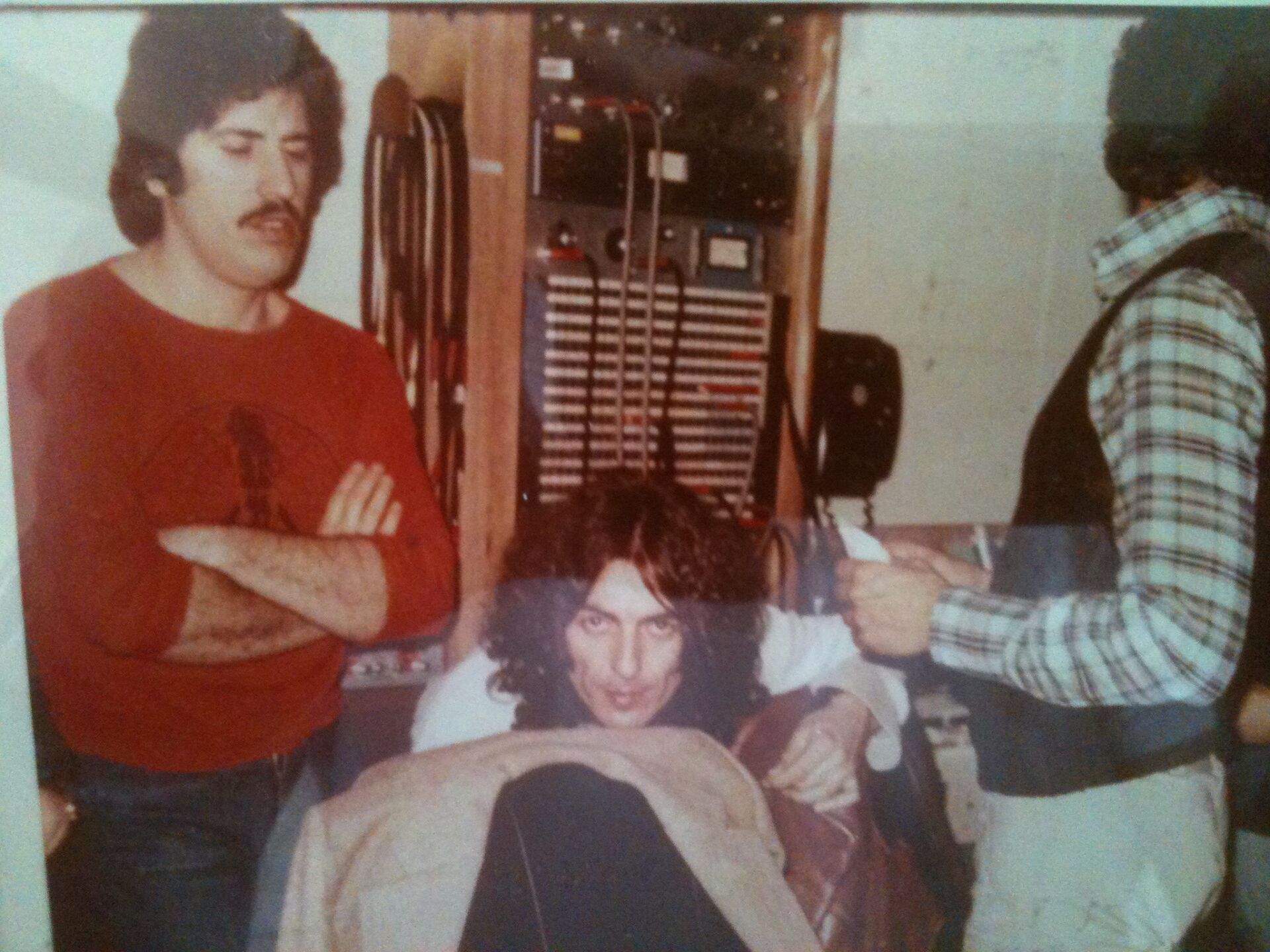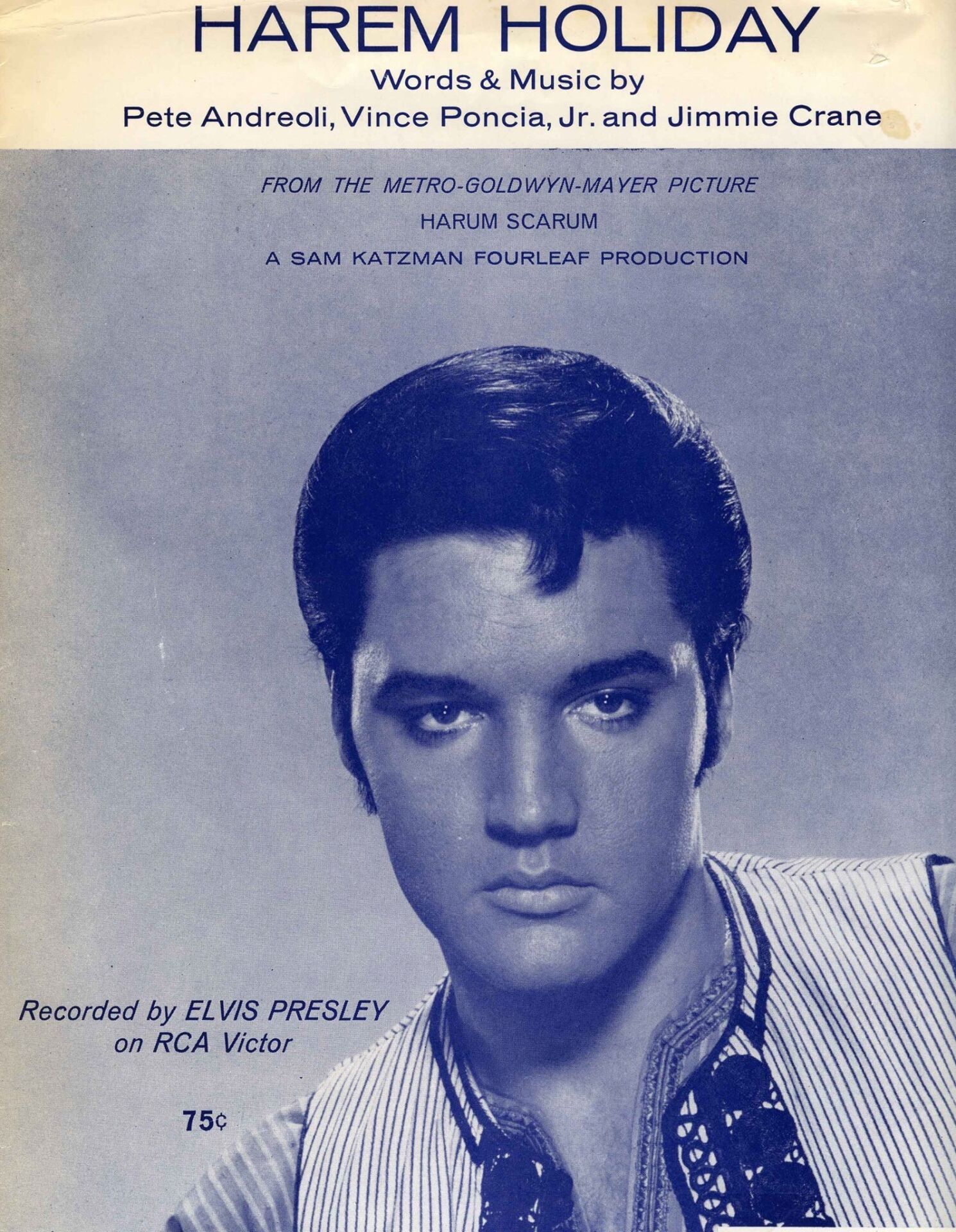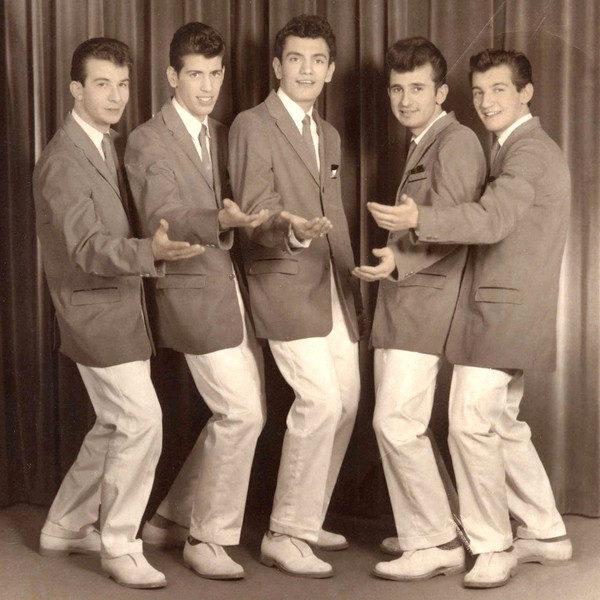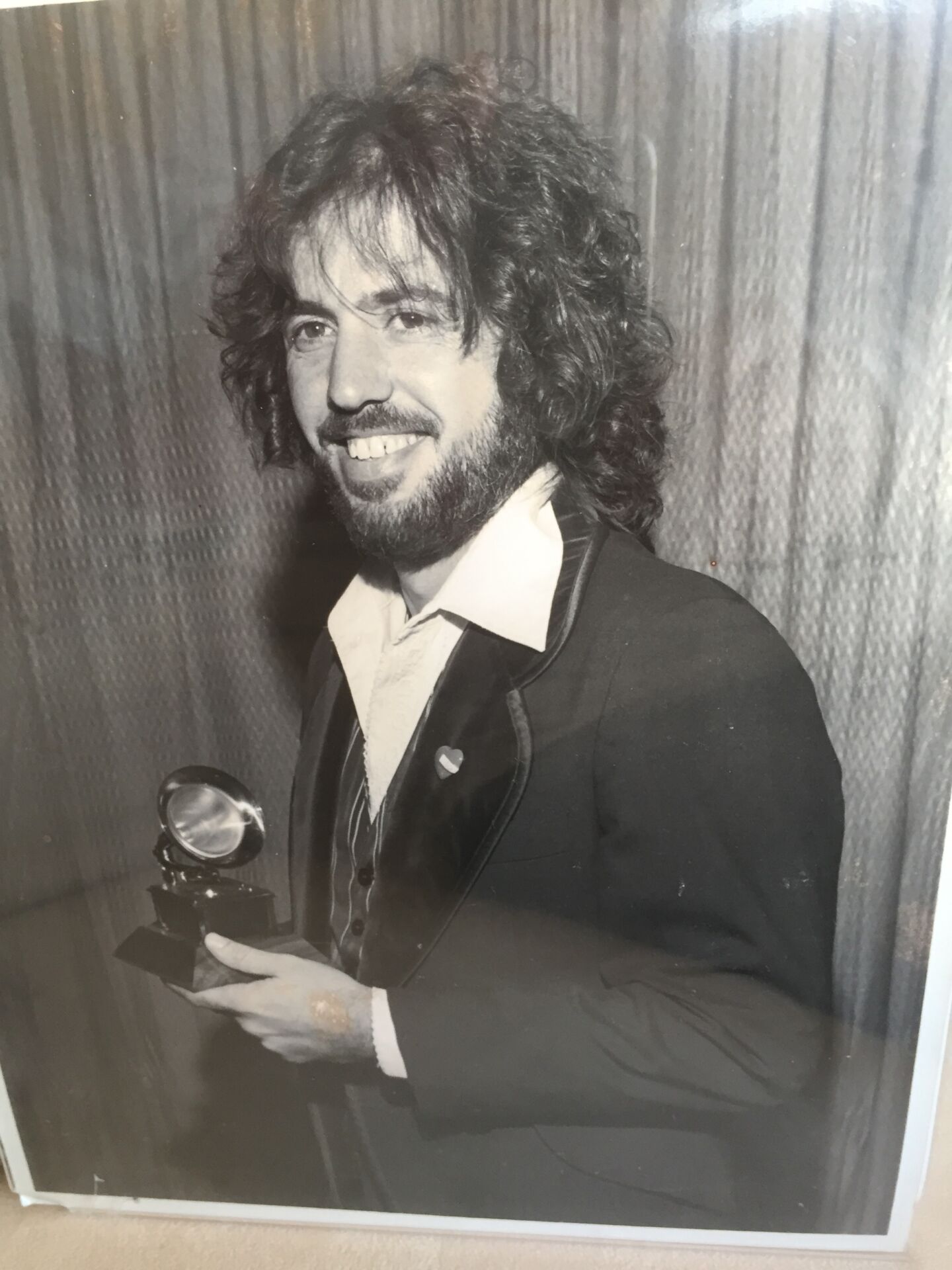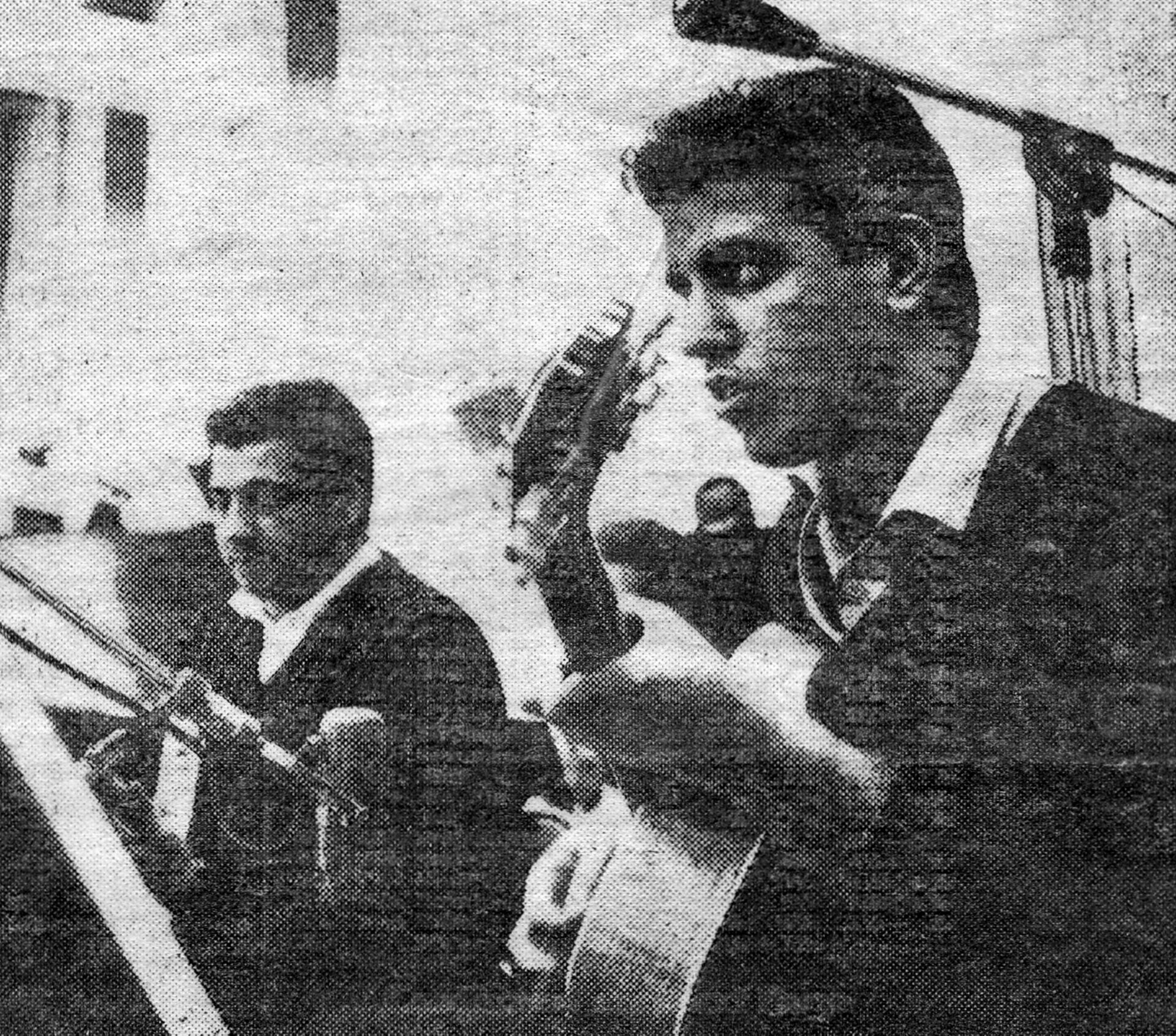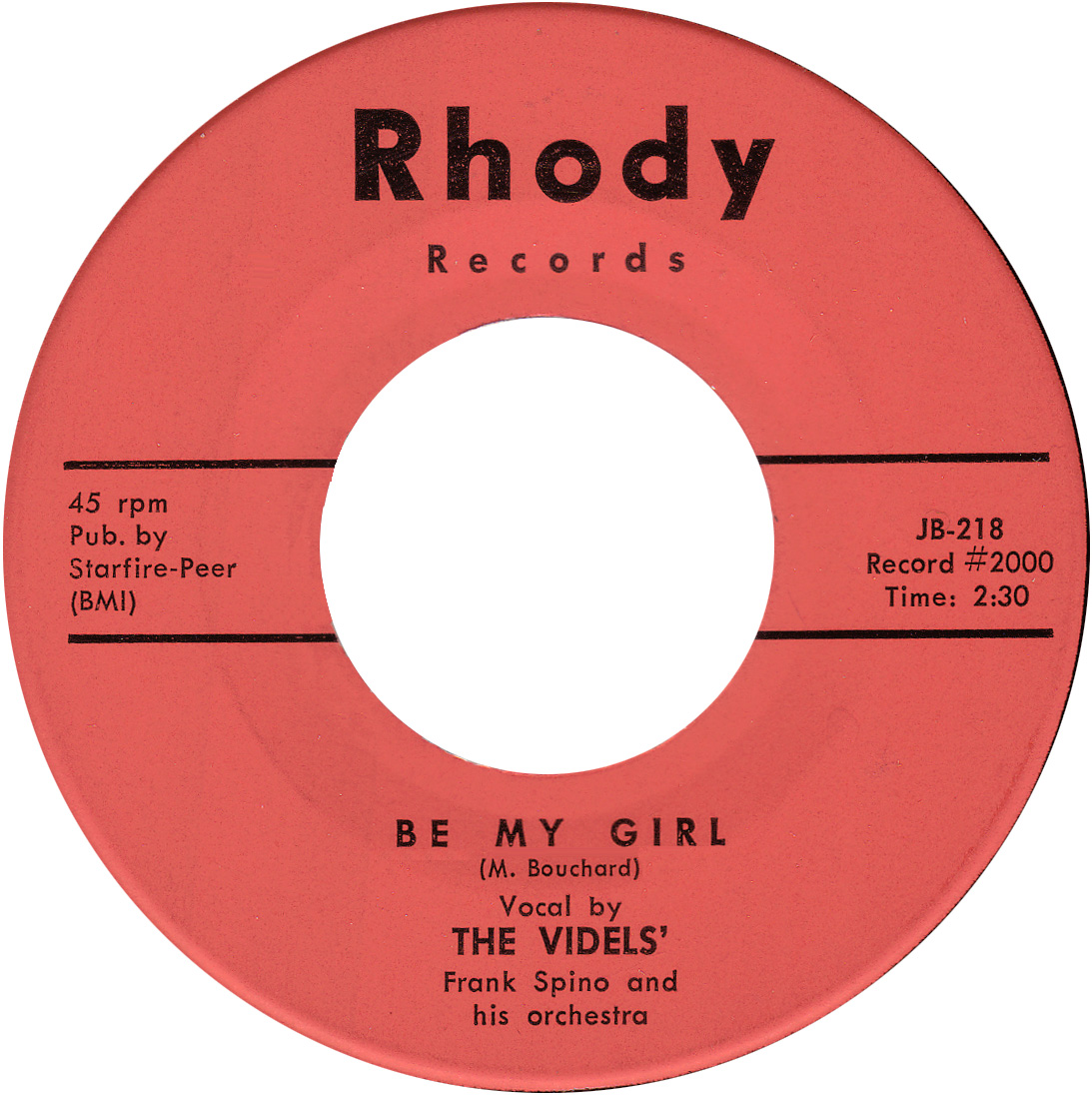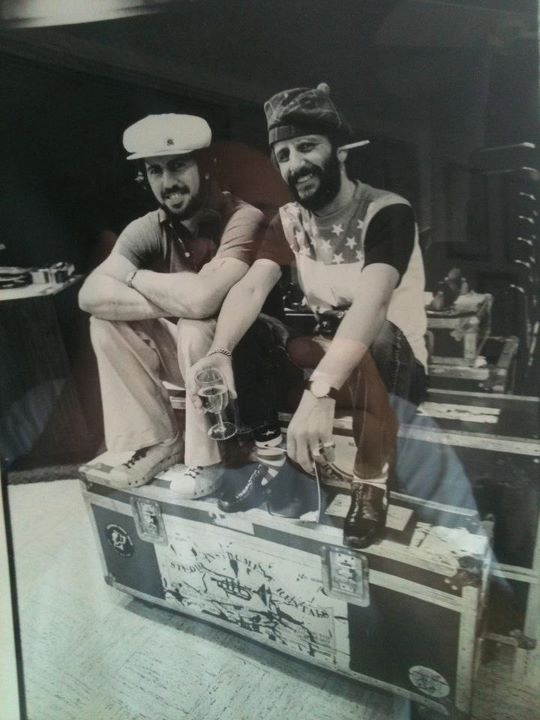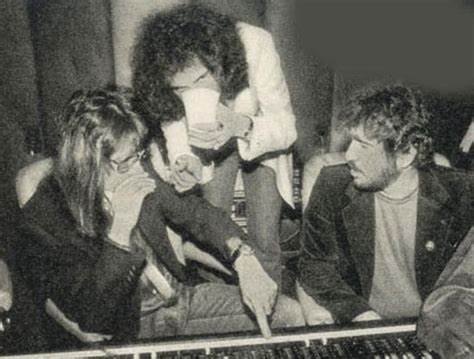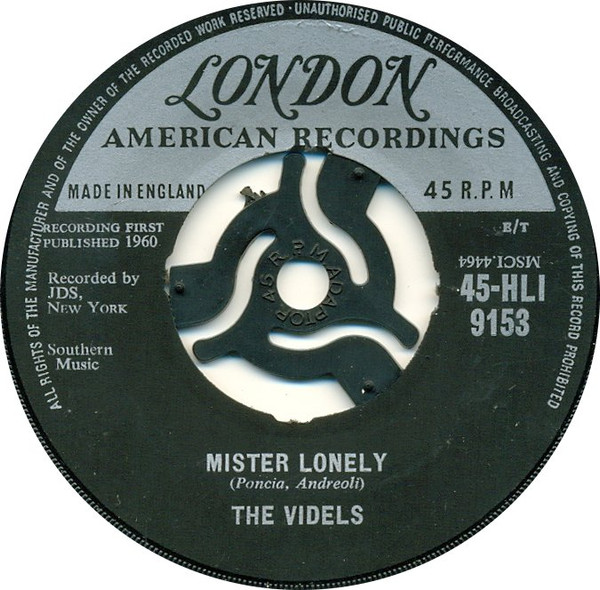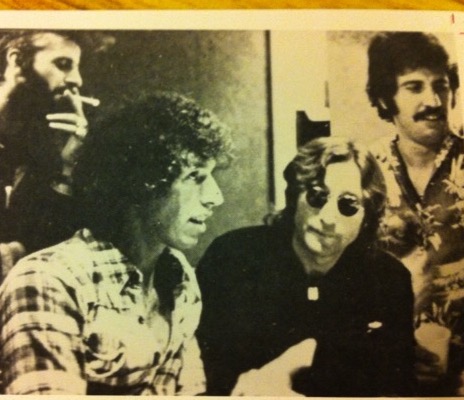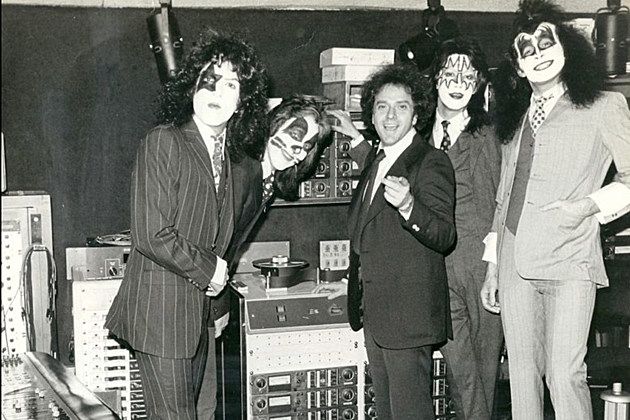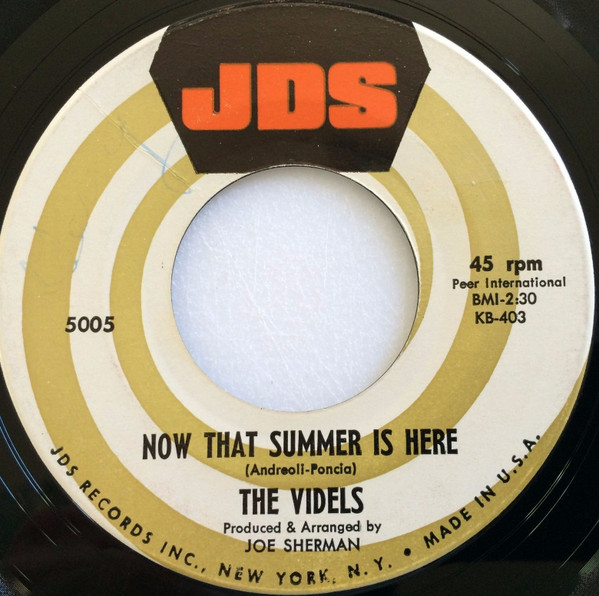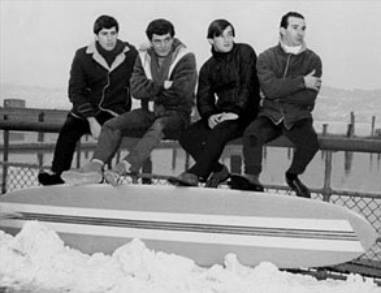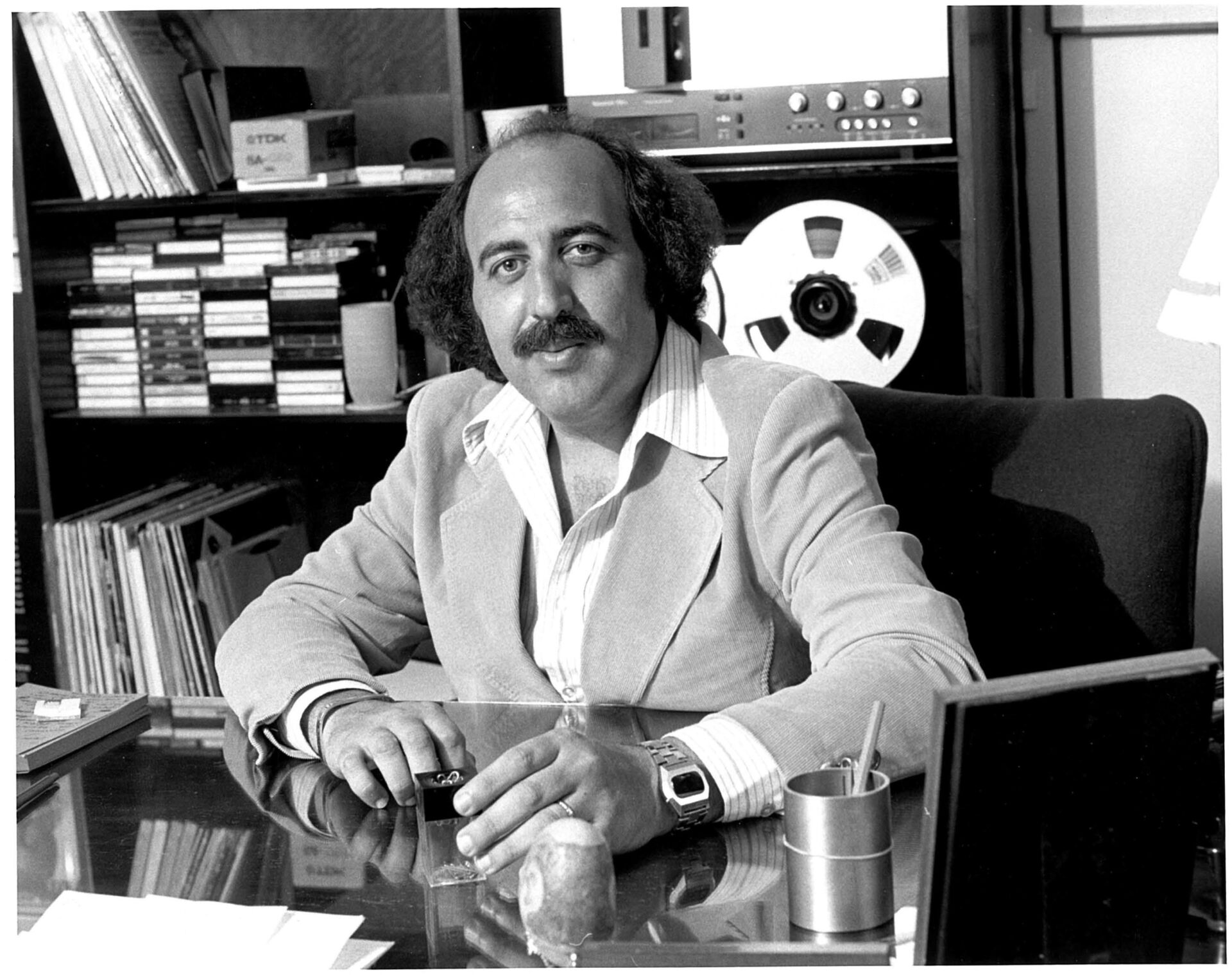Vini Poncia
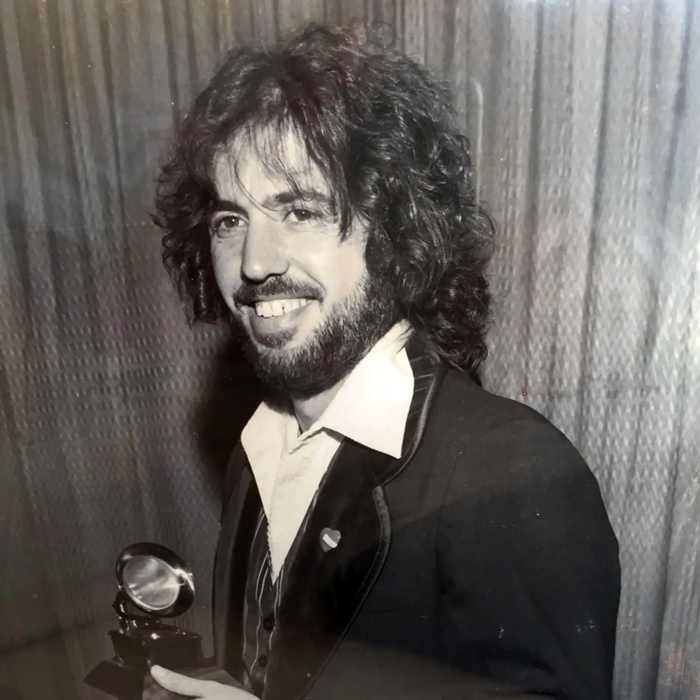
When it comes to the multi-billion-dollar machine called “the music business,” Vini Poncia’s done it all, heard it all and seen it all, from the stages and studios to the writer’s rooms and boardrooms. In the 1950s, he was in one of Rhode Island’s top vocal groups. In the ‘60s, he worked with celebrated songwriters like Doc Pomus, legendary producers and label owners such as Phil Spector and iconic performers including Elvis Presley. And in the ‘70s, ‘80s and ‘90s, he produced albums for artists as varied as Ringo Starr, Melissa Manchester and KISS.
What’s been the result of his decades running the artistic gamut? In a nutshell, hundreds of great hooks and melodies, a bunch of hit singles and albums and a multidimensional, multigenred legacy that’s rivaled by few and admired by millions. Though Poncia hasn’t become a household name like a number of his musical mentors and collaborators have, he was an outsized presence both on and off the stage while rock ‘n’ roll was evolving from its doo-wop beginnings into its glam-metal extremes.
Musical beginnings
Vincent Poncia, Jr. was born on April 29, 1942 in Providence, Rhode Island, and grew up in the city, graduating from Mount Pleasant High School in 1960. He was exposed to an eclectic array of music as a youngster because his father, a welder by trade, loved opera and listened to legends like Enrico Caruso while his mother preferred pop music and often sang along to records and tunes on the radio and TV in harmony with her sisters. The first genre that caught his young ears wasn’t opera or pop, however, it was jazz and his lifelong love for harmony began when he discovered The Four Freshman, a vocal quartet formed in 1948 that used jazz instrumentation in their material.
Poncia took guitar lessons for several years starting from age 12 and wrote his first song, “Joyce,” at age 15, by which time he was listening to country, R&B and rock ‘n’ roll and playing in various bands at weddings and other events. His main songwriting influences as a teenager included doo-wop groups and songwriting teams like Pomus/Schuman, Leiber/Stoller and Bacharach/David, but he says his “biggest influence and inspiration” by far was Chuck Berry. “He was one of the best songwriters of popular music of all time,” he said in April 2024. “His lyrics were and still are amazing.”
The Videls
In 1958, 16-year-old Poncia joined doo-woppers The Videls, which included his future songwriting and performing partner Peter Andreoli, who adopted the stage name Peter Anders. The quintet cut their first single in a makeshift studio inside Sock’s Radio & TV Repair Shop in Providence, the Poncia-Anders-penned “Doesn’t Care” (b/w “Love on a Satellite”), which resulted in them landing a deal with Rhode Island-based Rhody Records. Their first single for the label, “Place In My Heart” (b/w “Be My Girl”) sold over 5,000 copies and had reached #1 in the local radio listings by the end of the year. Throughout 1959 and into 1960, The Videls appeared at leading Rhode Island venues including The Celebrity Club in Providence and the Rocky Point Palladium in Warwick.
Poncia and Anders made regular trips to New York City to promote the group to labels and in early 1960 The Videls signed with Kapp Records sublabel JDS, which released their first national single, “Mr. Lonely” (b/w “I’ll Forget You”), a Poncia-Anders original. In the summer of 1960, when the song reached #73 in the Billboard Hot 100, The Videls toured with Dick Clark’s Caravan of Stars and appeared on American Bandstand. After cutting some other singles that charted in parts of New England but not nationally, the group returned to Rhode Island but without Anders, who stayed in the Big Apple hoping to land a songwriting gig.
Hill & Range Music, Phil Spector, The Mystics, The Treasures
By mid-1961, The Videls had broken up and 19-year-old Poncia was touring with The Bob Chappel Revue. Little did he know, he’d get the opportunity of a lifetime later that that year when Anders signed a songwriter contract with Hill & Range Music – publishers of Elvis Presley’s catalogue, among others – and asked him to move to New York City to join him at the company. Recognizing the new job as a dream come true in every way, Poncia agreed and he and Anders started working side by side in what was then the center of the American pop-music industry, the Brill Building.
Over the next decade, the pair penned hundreds of songs, many of which were recorded by chart-topping ‘60s artists, and collaborated with famed songwriting teams including Doc Pomus/Mort Shuman and Ritchie Cordell/Bo Gentry while performing together as Anders & Poncia. Under a royalties-sharing arrangement between Hill & Range and Phil Spector, the duo spent the end of 1963 and all of 1964 in Los Angeles working at the label Spector co-founded in 1962, Philles Records, as staff writers, session musicians, arrangers, assistant producers and occasionally bodyguards. During that time, while working with the legendary group of studio cats known as the Wrecking Crew, they composed songs for most of the artists on Spector’s star-studded roster including Darlene Love, The Crystals, The Lovelites and The Ronettes – for whom they wrote the hits “Do I Love You” and “The Best Part Of Breaking Up” – and wrote the first tune that Cher ever recorded, “Ringo, I Love You” (produced by Spector and released under Cher’s original stage name, Bonnie Jo Mason).
To supplement their $50/week salaries, they also performed as The Videls in 1962 and ‘63, hiring backup singers and musicians for gigs in New York City and making regular weekend trips to Rhode Island to reunite with the original members. In the Ocean State, they appeared at various clubs and on The Clay Cole Show (on Providence’s WJAR-TV) while also performing as The Mystics (with George Galfo and Allie Contrera) and recording two songs under that name, “Hand Clappin’ Time” and “Save a Dream.”
In 1964, Poncia and Anders became one of the first American acts to record a Lennon-McCartney song when they cut their rendition of The Beatles’ “Hold Me Tight” (b/w “Pete Meets Vinnie”) on Shirley Records as The Treasures. In 1965, in what Poncia calls “one of his proudest moments,” Elvis Presley chose a tune he and Anders had written with Providence native Jimmie Crane, “Harem Holiday,” for his movie Harem Scarum; Presley consulted with the pair about the song over the phone as Doc Pomus listened in.
The Tradewinds, The Innocence, The Anders & Poncia Album
In early 1965, Poncia and Anders’ song “New York is a Lonely Town” – a surf tune inspired by their time on the West Coast – reached #32 in the Hot 100 after they recorded it for Red Bird Records as part of a new group, The Tradewinds (which included members of The Videls). In mid-1965, they joined the songwriting staff at Buddah Records’ sublabel Kama Sutra, where they worked with major acts including Tommy James & The Shondells, and later in the ‘60s they co-founded Map City Records (with Franki Meluso, aka Mell), which released 16 albums before being dissolved in 1970.
The Tradewinds’ second single, “Mind Excursion,” reached #51 in the Hot 100 in 1966 and Poncia, Anders and Buddah co-founder Artie Ripp formed a studio-only band, The Innocence, which recorded one album that included two Hot 100 songs, “There’s Got to Be a Word” (#34) and “Mairzy Doats” (#75). Warner Bros. released the pair’s only LP in 1969, The Anders & Poncia Album, an 11-track disc produced by Richard Perry and featuring Wrecking Crew musicians, and the two went their separate ways in 1972; Anders moved to England to head up Motown Records’ UK operation and Poncia stayed in New York City to work with Perry and solo on various projects, including five of Ringo Starr’s albums.
Ringo Starr, Melissa Manchester, Leo Sayer, Kiss
Poncia’s work with Starr began with the Perry-produced Ringo (1973), on which he played guitar and percussion, sang background vocals and co-wrote “Oh My My,” which went to #5 in the Hot 100. On Goodnight Vienna (1974), he worked as assistant producer, contributed guitar and vocals and co-wrote “All by Myself”; on Ringo’s Rotogravure (1976), he co-wrote “Cryin’” and “Lady Gaye”; on Ringo the 4th (1977), he sang backups; and he produced Bad Boy (1978), for which he co-wrote “Old Time Revolvin’” and “Who Needs a Heart.”
In 1975, Poncia produced Melissa Manchester’s LP Melissa, which went to #12 in the Billboard Albums chart, and in 1976 he and Leo Sayer co-wrote what became a disco-era classic, “You Make Me Feel Like Dancing”; Sayer’s rendition hit #1 in the US and Canada, #2 in the UK, Australia and New Zealand and won a Grammy for Best R&B Song (in 1978). He produced Manchester’s Singin’ in 1977, followed by Lynda Carter’s Portrait (1978), Peter Criss’ first solo LP (1978) and KISS’s Dynasty (1979), the last of which included another chart-topper, “I Was Made for Loving You” (co-written by Poncia, Paul Stanley and Desmond Child), which peaked at #11 in the Hot 100 but hit #1 in Canada and several other countries.
1980S, 1990S, 2000S
Poncia produced KISS’s Unmasked album in 1980 and Scandal’s eponymous EP in 1982, with the single from the latter, “Goodbye To You,” reaching #65 in the Hot 100. Later in the ‘80s and ‘90s, he co-wrote five songs on KISS’s Hot in the Shade LP (1989) and produced DC Drive’s self-titled debut disc (1992), among other projects. In the 2003, he co-wrote “Dumb Girls,” which singer-songwriter Lucy Woodward sent to #6 in the Billboard Heatseekers Songs chart.
In recent years, Poncia’s produced LPs on his own label, Mad Vincent Productions, including Doo Wop Madness (featuring singer-songwriter Kenny Vance, members of The Mystics and members of Jay and The Americans) and Joe “Bean” Esposito’s Rhythm ‘n’ the Blues. Anders & Poncia were inducted into the Rhode Island Music Hall of Fame in 2012 and Peter Anders died in 2016 at age 74.
Career reflections, Songwriting advice
Asked about the most memorable part of his multifaceted career, Poncia spoke of his years in New York City over 60 years ago. “Being a staff writer at the Brill Building at 20 years old, working alongside and learning from the greats like Doc Pomus and Morty Shuman, Jerry Leiber and Mike Stoller, Phil Spector and the like was an opportunity I couldn’t have dreamed would ever come true,” he said in April 2024.
As for singer-songwriters on the scene today, Poncia said Ed Sheeran, Bruno Mars and Billie Eilish are among his favorites, noting that the next-generation tunesmith whose skills he admired most died in 2011, becoming part of rock ’n’ roll’s “27 Club”: Amy Winehouse. Asked if he has any advice for up-and-coming songwriters, he cited the importance of looking inward. “Make it personal,” he said. “Look to yourself for inspiration, like how you feel, your emotions, your opinions, your observations on love. If the song’s honest enough, hopefully it’ll become universal.”
(by D.S. Monahan with thanks to Lennie Petze)

